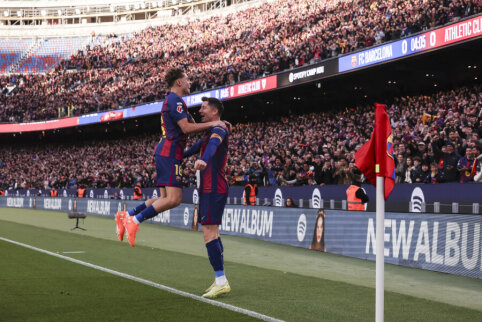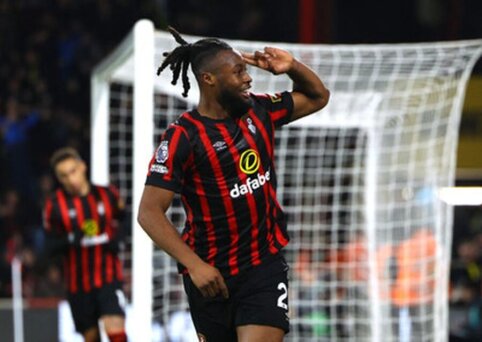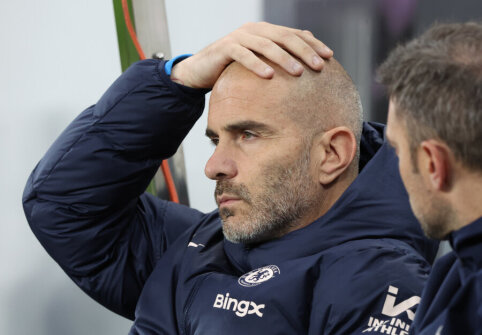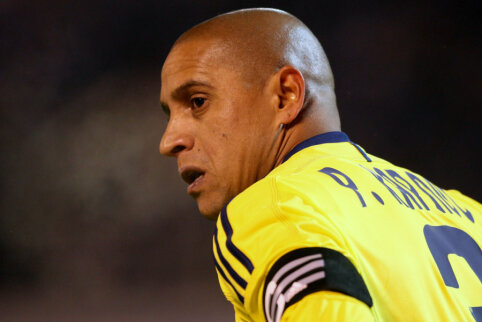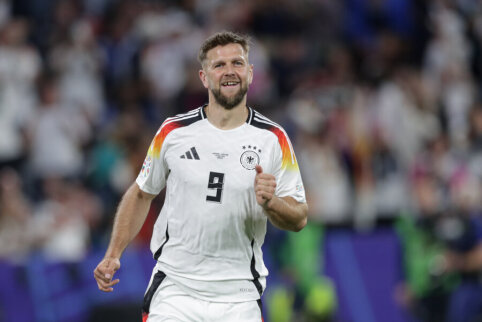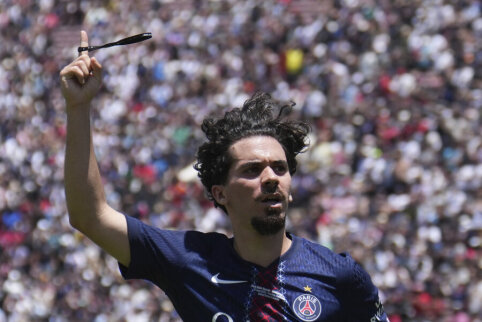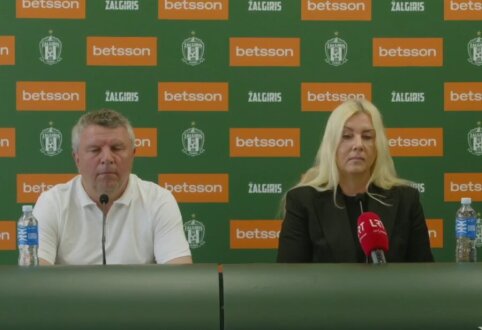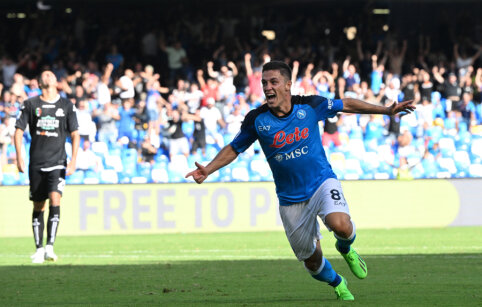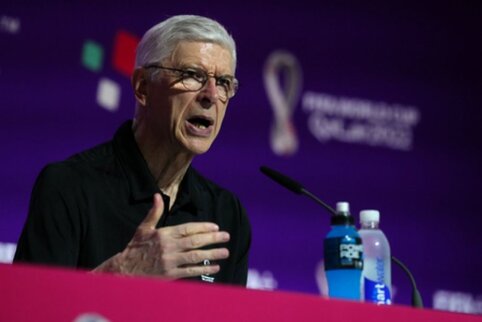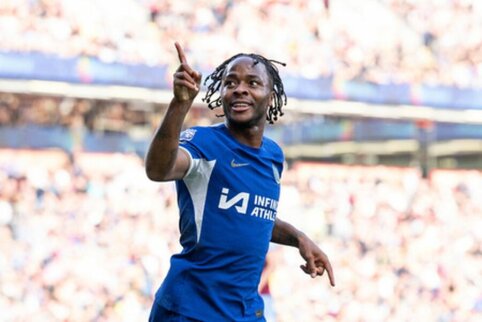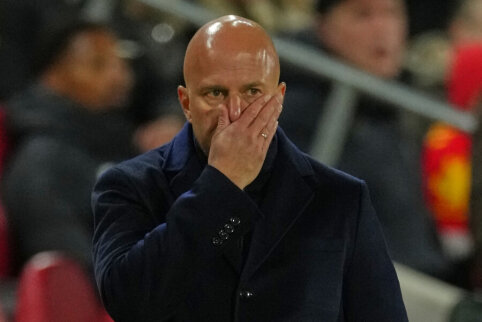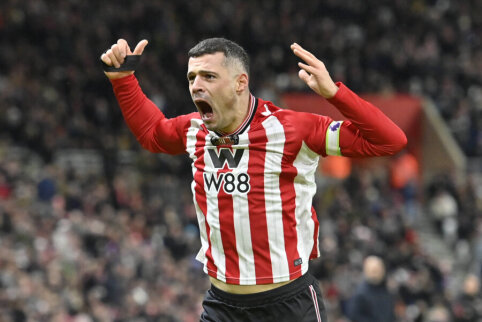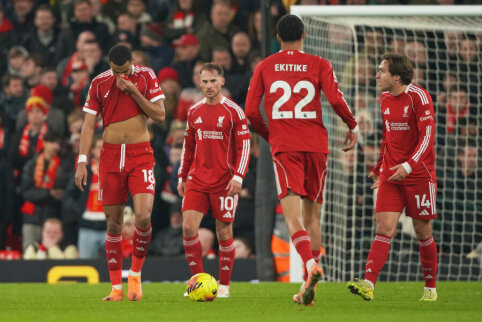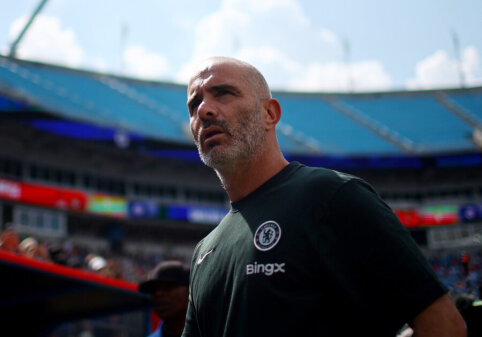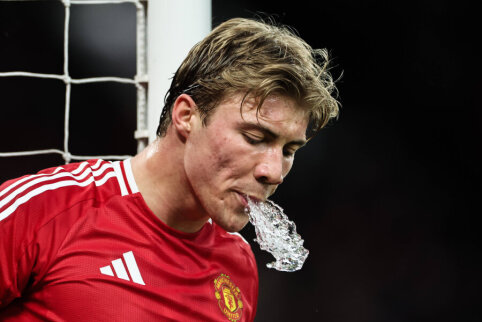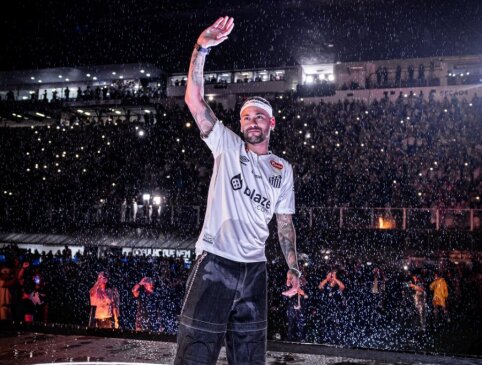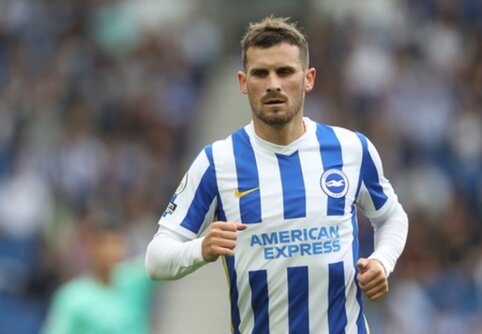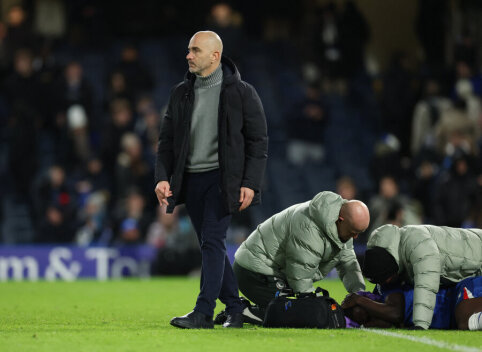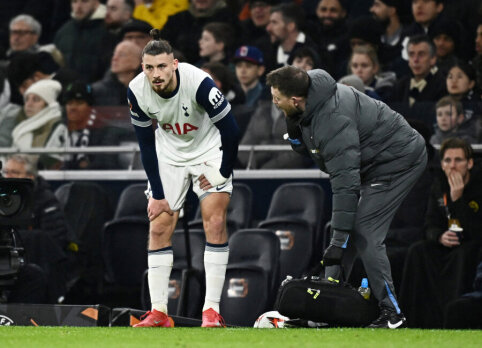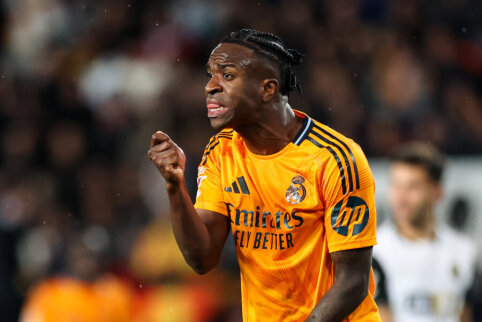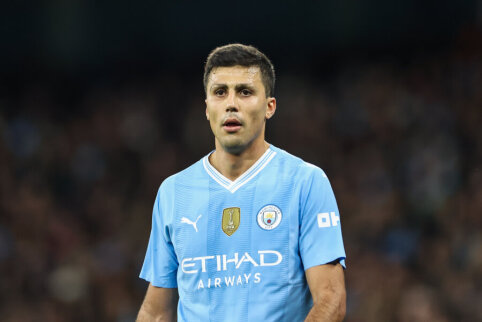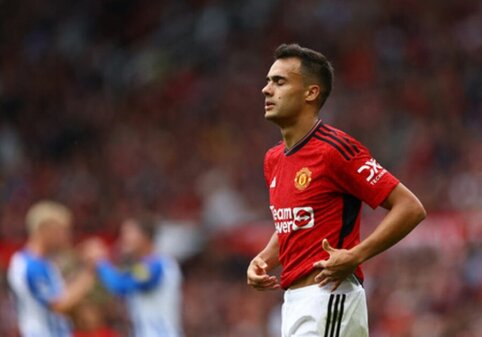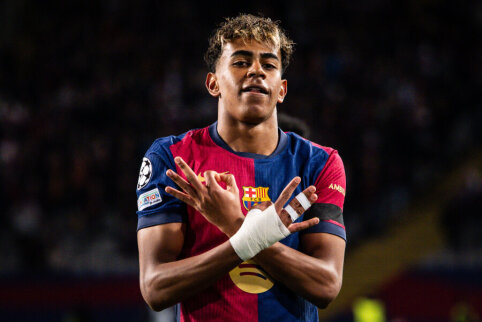 © EuroFootball.com
© EuroFootball.com
Last week, Andres Iniesta and Radamel Falcao proved to the world with their achievements that football is not just Lionel Messi and Cristiano Ronaldo.
"If I sign a contract with him right away, maybe in the second half he will already be able to play for us," – these could have been Roman Abramovich's thoughts during the first half of the European Super Cup. Radamel Falcao scored goals that overwhelmed "Chelsea" just like he did last year playing against "Athletic" in the UEFA Europa League final.
The one who said that the lion is the king of the jungle was wrong. After the European Super Cup final, the tiger became the king of the jungle: that's how Falcao's teammates and football enthusiasts call him.
In last year's Europa League final, Falcao, together with Madrid's "Athletic", showed that lions (which is how "Athletic" players are called in Spain) can look like cubs, and he achieved the same last Friday playing for Monaco against "Chelsea," a team that, along with "Manchester City," spent the most money this summer on new player signings (Oscar was bought for 32 million euros, Hazard for 42 million euros, Azpilicueta for 9 million euros, and Marko Marin for 9 million euros).
During the match, Roman Abramovich surely regretted not spending more than 90 million euros to buy the tiger from Colombia, Radamel Falcao.
And what about last week's hero – Andres Iniesta? In my opinion, due to his qualities on and off the field, the values he promotes, the example he sets for the younger generation, and the inspiration he provides through his football, this player is almost priceless.
Andres Iniesta is not like a typical superhero. He does not stand out with a flashy appearance, which turns other sports figures into brands, like Michael Jordan, David Beckham, or Valentino Rossi. He does not have extravagant tattoos, does not dye his hair, and does not have any trendy hairstyles. And generally, he does not care too much about fashion: his clothes are simple, unremarkable. Iniesta attracts attention with his game, high-level football, just like his idol, former FC Barcelona and Real Madrid player Michael Laudrup.
Iniesta is not just a player who plays football, but a player who compels others to play. He can do everything: Andres makes the team play like Xavi, Xabi Alonso, or Pirlo, and he can also take important individual actions that can change the course of a match, just like C. Ronaldo, L. Messi, or Falcao.
With enthusiasm and a smile, the player from Fuentealbilla (a small town in Spain near Albacete) thanked his club and his Spanish national team friends for the award of the best European footballer of the past season: "With this prize, I want to share it with Leo and FC Barcelona and my Spanish teammates. Without them, this individual award would not mean anything," he said.
Iniesta is absolutely right – football is a team game. That is why Iniesta – a player who ignites others with his game and always plays as a team player – became the best last season.
I still often remember the words that Guardiola once said to Xavi when they both played for FC Barcelona: "Soon I won't be able to compete with you and I will have to leave the team, but in the youth team, there is a 12-year-old boy (Andres Iniesta), with whom one day we won't be able to compete, neither you nor I. You will see, he will be the best player in the world."
Of course, Pep was most pleased to hear about Iniesta's award. At that moment, probably in some corner of the world, most likely in a café in the "Greenwich Village" district in New York, Guardiola sipping coffee and smiling sent messages to Xavi Hernandez.
